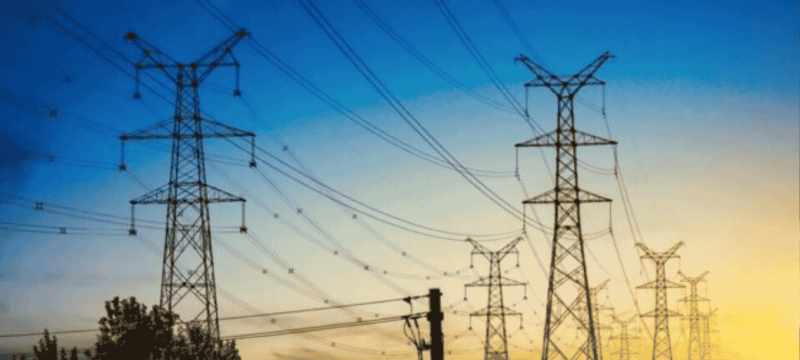After a prolonged delay, Pakistan has started consultations with stakeholders on the Competitive Trading Bilateral Contracts Market (CTBCM). The process will allocate 800 megawatts of wheeling demand to industrial and bulk consumers.
The Independent System and Market Operator (ISMO) organized a workshop to discuss CTBCM and the wheeling framework. Officials hailed the initiative as a milestone reform to improve transparency, efficiency, and cost-effectiveness in the country’s power sector.
Federal Power Division Minister Awais Leghari said the auction framework is the cornerstone of CTBCM implementation. He explained that upcoming wheeling auctions will transparently allocate 800 MW of demand to market participants. In a virtual address, he added that the initiative allows industrial and bulk consumers to directly procure power at competitive rates, reducing costs and improving reliability.
Leghari emphasized that CTBCM is designed based on global best practices. It aims to integrate renewable energy, reduce inefficiencies, and provide affordable, reliable electricity for consumers. “The auction framework will strengthen Pakistan’s competitiveness in export markets by ensuring access to clean and cost-effective energy,” he said.
ISMO officials briefed stakeholders on registration procedures, contract obligations, and auction rules to ensure fair competition. They highlighted that this reform is the outcome of years of preparation, moving now toward practical implementation.
Stakeholders, including regulators, power producers, and consumer representatives, engaged in panel discussions and Q&A sessions. They discussed how wheeling arrangements can simplify bulk power procurement, encourage renewable energy integration, and attract new investment in the sector.
Minister Leghari declared 2025–26 as the “Year of Service to Consumers,” stressing that CTBCM will create market choice, protect consumer interests, and reduce inefficiencies. The initiative marks a significant step toward liberalizing Pakistan’s electricity sector and building a modern, transparent, and sustainable energy future.
In other news read more about: Stakeholders Urged to Vollaborate for Enhancing Digital Supply Chain Finance







